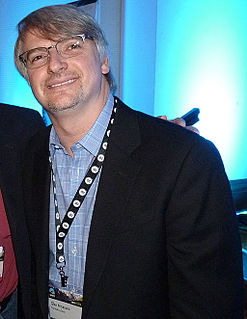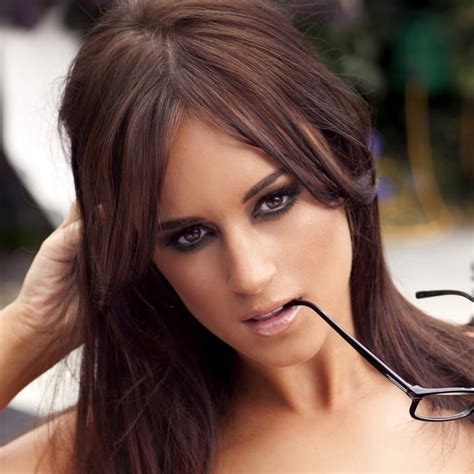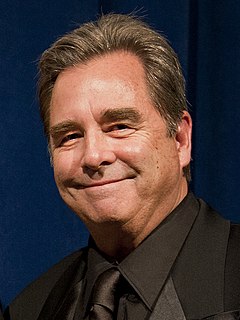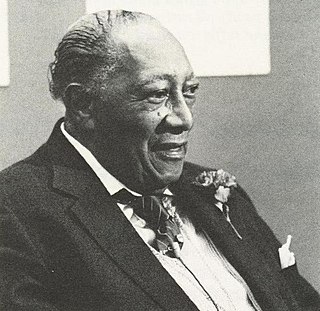A Quote by Marty Stuart
I have a low-tech camera with one lens that I've shot everything in my life on. My subjects and my subject matter sometimes really are powerful, and so my job is to get it into focus.
Related Quotes
It's just a matter of who you are and how you talk to people. Your subjects will trust you only if you're confident about what you're doing. It really bothers me when photographers first approach a subject without a camera, try to establish a personal relationship, and only then get out their cameras. It's deceptive. I think you should just show up with a camera, to make your intentions clear. People will either accept you or they won't.
Some actors, and especially the younger actors, they come into the job with a lot of attention on how they behave and everything when they're not working. Sometimes that can be unfortunate because the work call is pretty intense and the preparation for it. If your focus is there, then the actual doing of the job will be fun and enjoyable. But if you're so involved in trying to be interesting and a character and everything when you're not working, it can get in the way and people get goofed up.
The difference between an amateur and a professional photographer is that the amateur thinks the camera does the work. And they treat the camera with a certain amount of reverence. It is all about the kind of lens you choose, the kind of film stock you use… exactly the sort of perfection of the camera. Whereas, the professional the real professional – treats the camera with unutterable disdain. They pick up the camera and sling it aside. Because they know it’s the eye and the brain that count, not the mechanism that gets between them and the subject that counts.




































